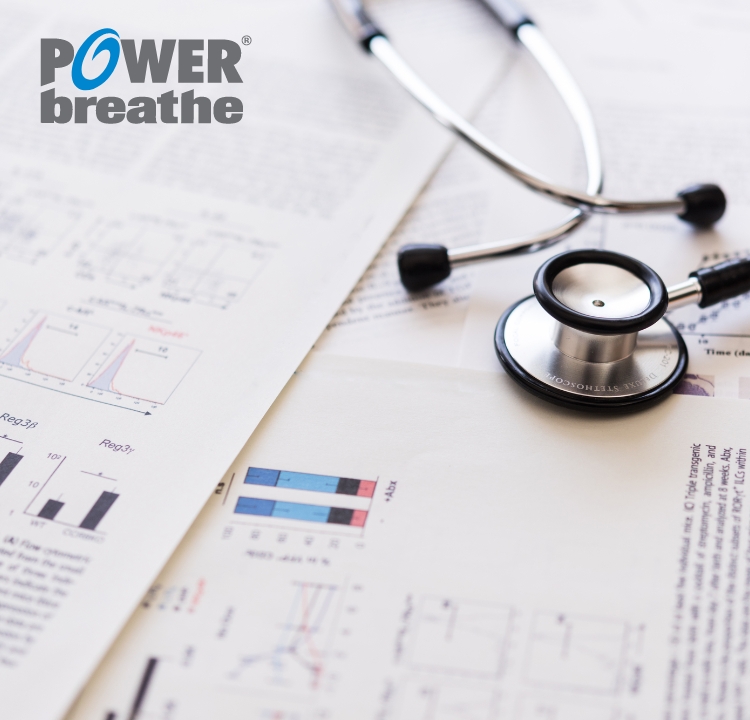慢性心不全患者はトレッドミル走行中吸気筋弛緩速度が低下させる
Hughes PD, Hart N, Hamnegård CH, Green M, Coats AJ, Moxham J and Polkey MI.
Exercise intolerance is a feature of chronic heart failure (CHF). We hypothesized that excessive loading of the respiratory muscle pump might contribute to exertional breathlessness. One marker of excessive muscle-loading is slowing of maximum relaxation rate (MRR) and, therefore, to test our hypothesis, we investigated the effect of exhaustive treadmill walking on inspiratory muscle MRR in patients with CHF. We studied eight stable patients with mild-moderate CHF walking on a treadmill until termination because of severe dyspnea. Inspiratory muscle MRR was determined from esophageal pressure (Pes) change during submaximal sniffs (Sn) before and immediately after exercise to a mean (SD) minute ventilation of 77 () L/min. For comparison, nine healthy subjects performed a similar protocol; exercise was terminated either by severe dyspnea or when minute ventilation reached 100 L/min. There were no significant differences in terms of heart rate, respiratory rate, tidal volume, or inspiratory duty cycle at cessation of exercise. The mean slowing of Sn Pes MRR in the first minute after termination of exercise in the CHF group was 22.4% and in the normal control group it was 2.8% (p < 0.01). Our data show that slowing of inspiratory muscle relaxation rate occurs in patients with CHF walking to severe breathlessness. We conclude that severe loading of the inspiratory muscles is a feature of exertional dyspnea in CHF.
PMID: 11371408 DOI: 10.1164/ajrccm.163.6.2003082
論文へ
心不全における呼吸筋機能と運動不耐症
Ribeiro JP, Chiappa GR, Neder JA and Frankenstein L.
Inspiratory muscle weakness (IMW) is prevalent in patients with chronic heart failure (CHF) caused by left ventricular systolic dysfunction, which contributes to reduced exercise capacity and the presence of dyspnea during daily activities. Inspiratory muscle strength (estimated by maximal inspiratory pressure) has independent prognostic value in CHF. Overall, the results of trials with inspiratory muscle training (IMT) indicate that this intervention improves exercise capacity and quality of life, particularly in patients with CHF and IMW. Some benefit from IMT may be accounted for by the attenuation of the inspiratory muscle metaboreflex. Moreover, IMT results in improved cardiovascular responses to exercise and to those obtained with standard aerobic training. These findings suggest that routine screening for IMW is advisable in patients with CHF, and specific IMT and/or aerobic training are of practical value in the management of these patients.
PMID: 19486593 DOI: 10.1007/s11897-009-0015-7
論文へ

